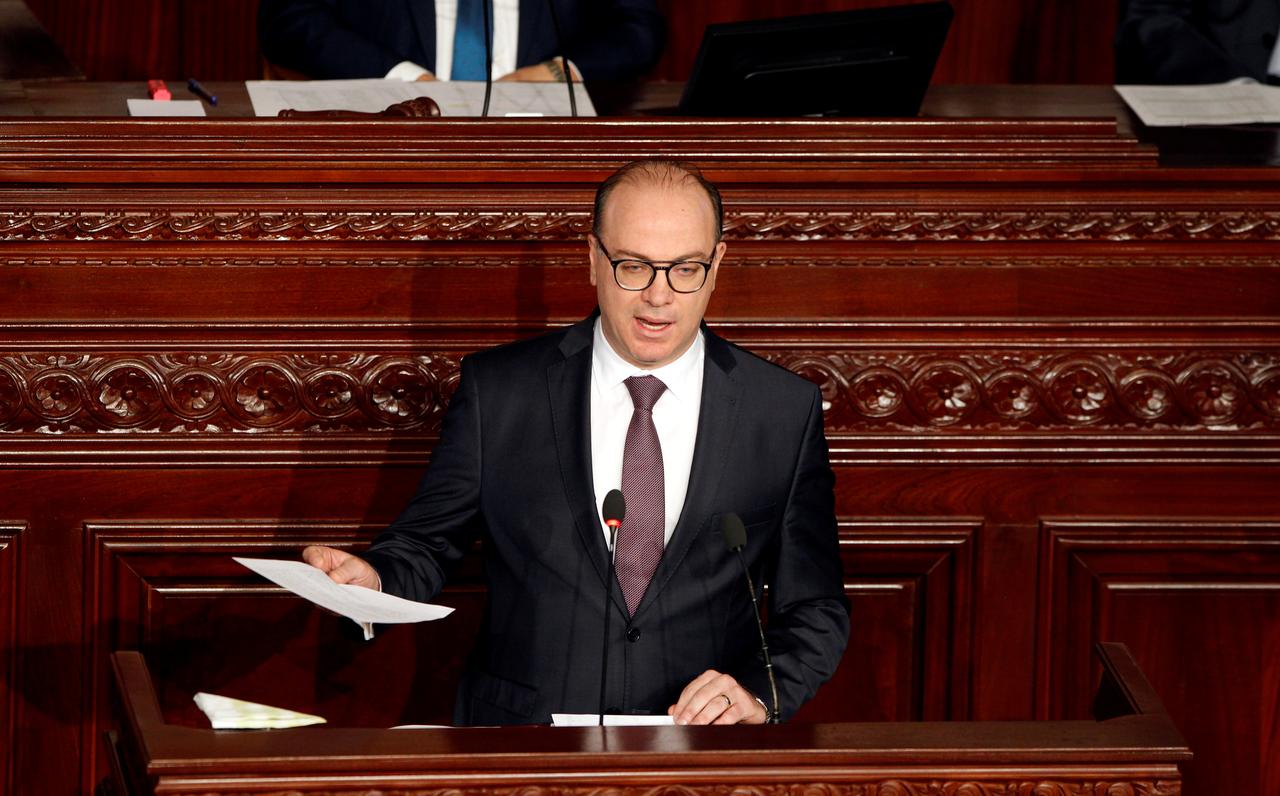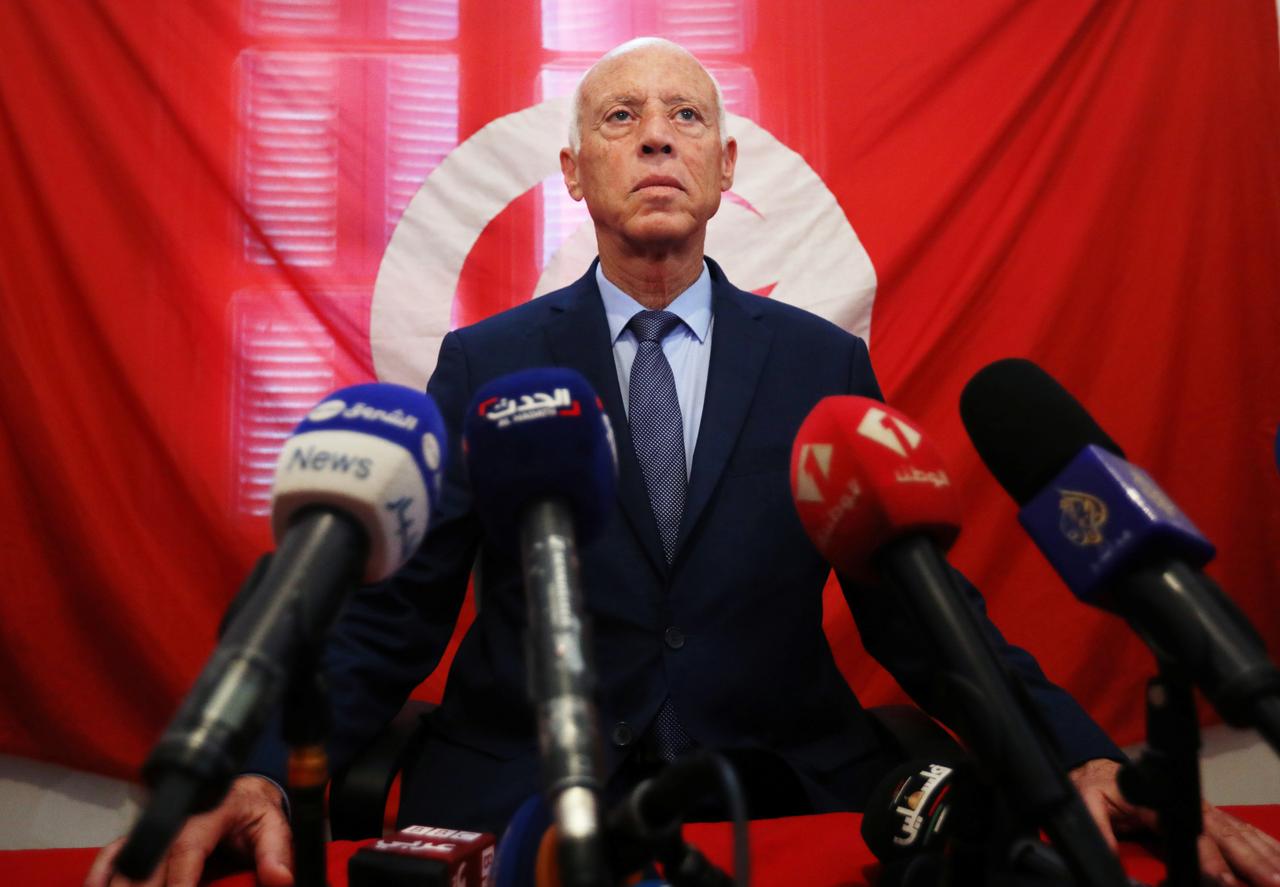Tunisian Prime Minister Elyes Fakhfakh stepped down on Wednesday, plunging the country into a political crisis as it tries to weather the economic fallout of the coronavirus pandemic.
A few hours after Fakhfakh submitted his resignation to President Kais Saied, the Tunisian government also announced that all the six ministers of the Islamist party Ennahda (Renaissance) will be removed from their duties.

Tunisian Prime Minister Elyes Fakhfakh speaks at the Assembly of People's Representatives in Tunis, Tunisia, February 26, 2020. /Reuters
Tunisian Prime Minister Elyes Fakhfakh speaks at the Assembly of People's Representatives in Tunis, Tunisia, February 26, 2020. /Reuters
Saied must now choose a new candidate for prime minister, but parliament is deeply fragmented among rival parties and a failure to build another coalition would trigger an election.
The last parliamentary election in October led to a chamber in which no party held more than a quarter of the seats, complicating efforts to form a stable government.
The biggest party, the moderate Islamist Ennahda, failed in its own attempt to build a coalition late last year and though it joined Fakhfakh's government it has since been tussling for influence with President Saied.

Presidential candidate Kais Saied speaks at a news conference after the announcement of the results in the first round of Tunisia's presidential election in Tunis, Tunisia, September 17, 2019. /Reuters
Presidential candidate Kais Saied speaks at a news conference after the announcement of the results in the first round of Tunisia's presidential election in Tunis, Tunisia, September 17, 2019. /Reuters
A few days ago, Ennahda with 54 parliamentary seats decided to break with the government of Fakhfakh, citing "suspicion of conflict of interests and abuse of power of Fakhfakh."
The collapse of Fakhfakh's government less than five months after it was formed will further delay urgent economic reforms and complicate efforts to handle any new surge in coronavirus cases after Tunisia brought a first wave under control.
Deep ideological splits in Fakhfakh's government had made it harder to agree on the urgent economic reforms demanded by foreign lenders to bring Tunisia's fiscal deficit and public debt into a more sustainable trajectory.
The pandemic has worsened those problems. Tunisia now expects the economy to shrink by 6.5 percent this year and forecasts a deficit equivalent to 7 percent of gross domestic product. It has asked four countries to delay debt repayments.
In poorer parts of the country, protests have been building to demand more jobs and state aid to help them cope with the economic fallout, sometimes blockading exports by state industries.
(With input from wires)